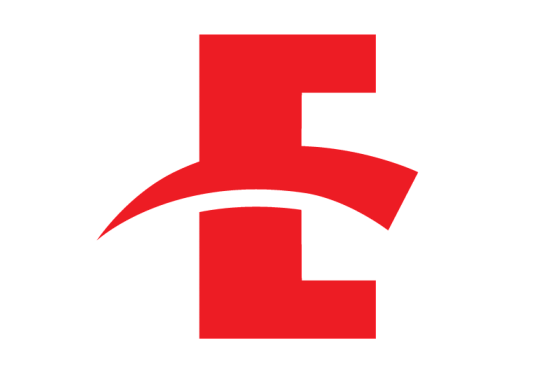Eastman Business Park

Eastman Business Park is home to Kodak manufacturing and over 100 businesses that benefit from utilizing the vast infrastructure at the site. A variety of space types to include lab, industrial and office space are available for lease, along with over 100 acres of developable land for industrial or commercial use.
Contact Us - Request Information about real estate & leasing inquiries or for general inquiries about Eastman Business Park
Service Request - Request site service at Eastman Business Park
Site Support Services and Rates (PDF) - Download the Eastman Business Park site support services and rates sheet.